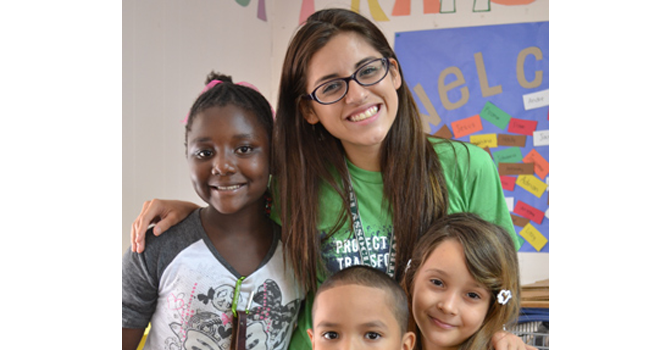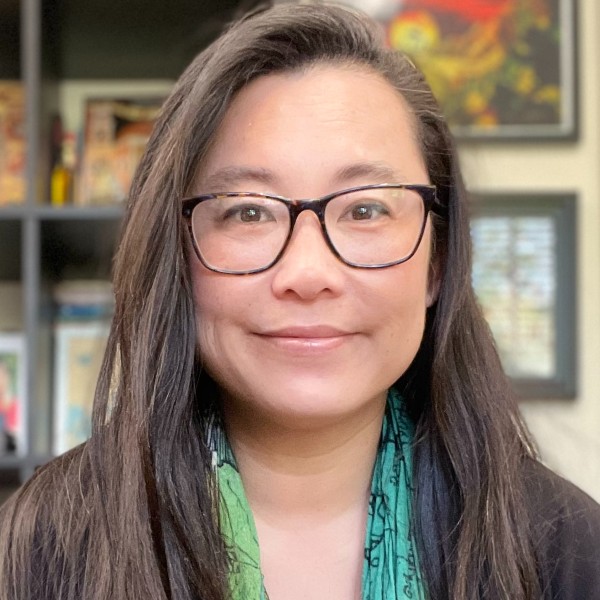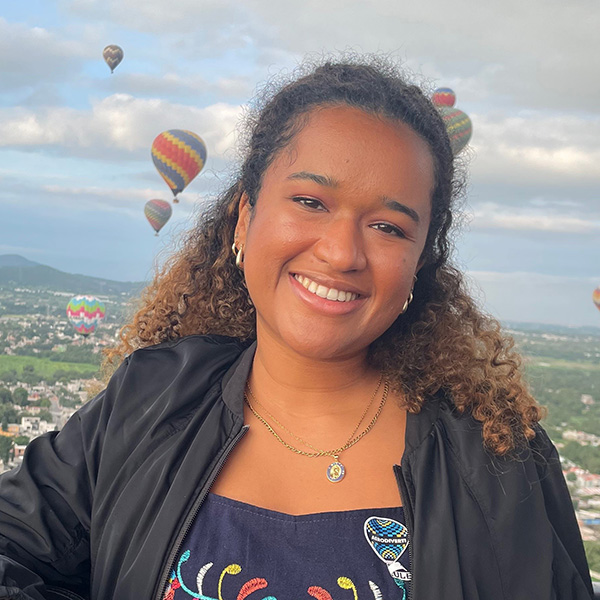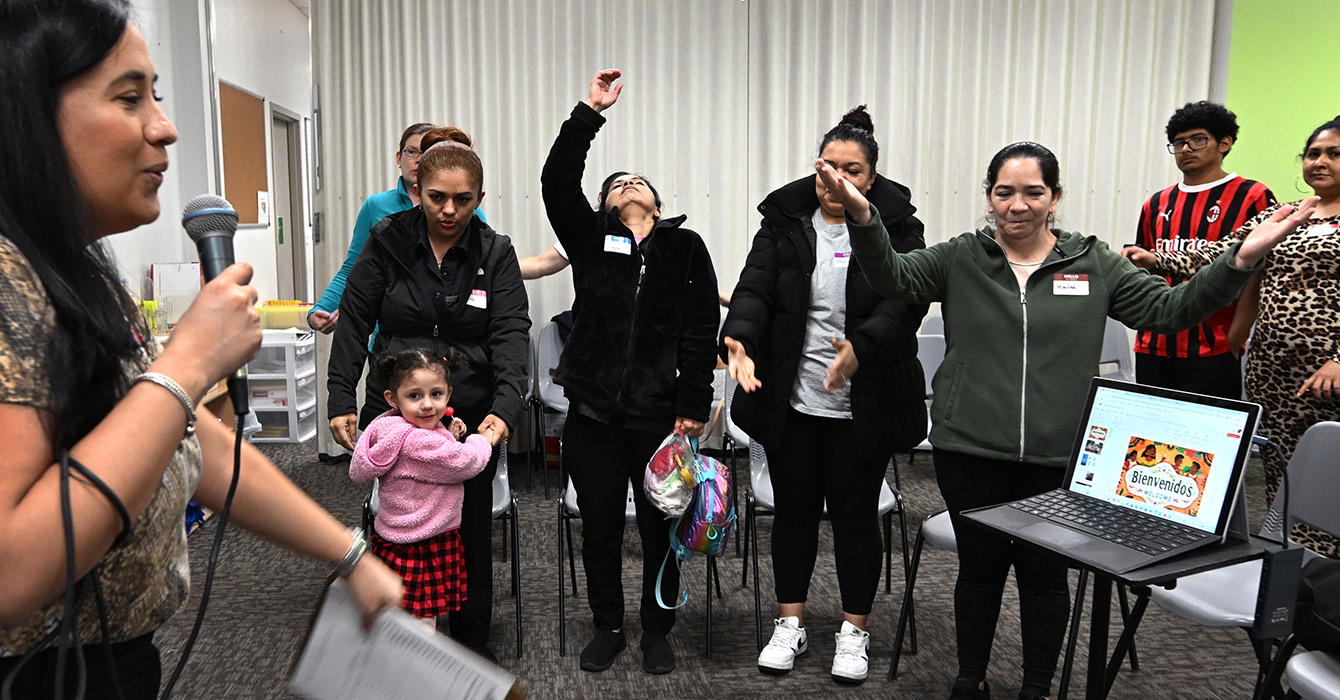After 14 years, Project Transformation has developed standards for successful replication of its youth summer literacy and young adult ministry.
Self-awareness. Know your core strengths, and what must be part of the ministry. With PT, that includes a focus on literacy and the holistic development of children, as well as community living and ministry exploration for young adult interns, to deepen their experience.
Flexibility. Recognize that the program will have to adapt with each new site. In Oklahoma, for example, executive director Lindsey Bryan says PT has found itself reaching beyond the United Methodist Church to other congregations and groups for volunteers in smaller towns. PT Oklahoma has also expanded its curriculum, developing a five-year plan to avoid repetition for children in 1st through 5th grades.
Support. Seek strategic connections with and counsel from those in the area. In addition to support from the community, the PT Oklahoma staff, housed in the same building as the Oklahoma Conference of the United Methodist Church, has easy access to experienced UMC leaders. “The success of Project Transformation really hinges upon local ownership and local collaboration,” PT Texas executive director Eric Lindh says. “It’s a real grass-roots effort.”
Leadership. The founding office must be willing to put in the time to advise and encourage the fledgling ministry, and the new ministry must, in turn, have leadership committed to making it work, regardless of the prescribed level of oversight. “It’s a tricky thing to figure out,” Lindh admits. “Especially when the first year might be a non-paid position.”
Humility. Don’t assume that because the ministry has been successful elsewhere it will automatically be considered the latest and greatest in a new location; start where you are. A solid reputation to build on helps -- but so does doing the work.
Prayer. “Everything came together so beautifully this summer,” says Courtney Aldrich, executive director of the burgeoning Project Transformation Tennessee. “I think we did exactly what we needed to do. We were intentional and prayerful, and we waited for the doors to open without pushing anything. And when you do that -- and invite others into the conversation before you make a move -- that’s what makes the difference.”














